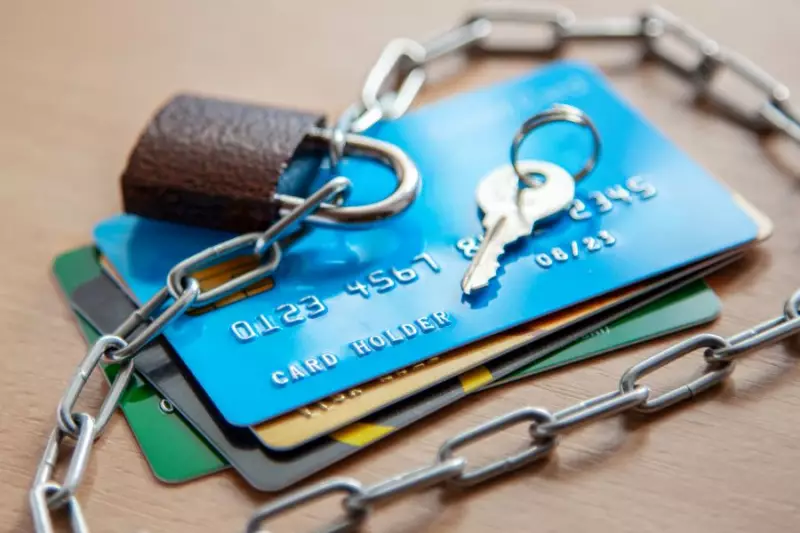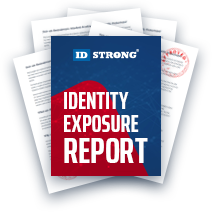How To Avoid Identity Theft While Traveling
Table of Contents
- By David Lukic
- Published: Oct 15, 2020
- Last Updated: Mar 18, 2022
Many of us love to travel and see far off places we’ve never been to before. However, travel does come with some challenges. To be a well-prepared traveler who is protected against identity theft, read on.
Steps to Take to Prevent Identity Theft While Traveling
Regardless of whether you are traveling for business or pleasure, there are a million things to do beforehand. Don’t forget these steps to keep your identity safe while you are out of town or out of the country. So, Continue reading this article to learn how to avoid identity theft while traveling.
-
Watch out for identity theft travel schemes that dangle a “too good to be true” offer in front of you.
-
Clean out your wallet. Take only the things you absolutely need. Store any extra credit cards at home. Do not travel with your social security card; leave it safely at home as well.
-
Contact your banks and let them know you are traveling. This way, they won’t flag unusual transactions and block your activities while overseas.
-
Check your credit report to get a baseline of where things stand. You may also want to put a credit freeze on your credit while traveling. You can always unfreeze it when you return.
-
Put a hold on mail delivery with the post office, so your mail doesn’t pile up, and thieves grab personal information or credit card statements and go wild. This is a crucial step to take since it is very likely that thieves will steal your mail once you're away.
-
Pay any bills before you leave; don’t take them with you. Bills left in a hotel room could be vulnerable to fraudulent hotel staff or cleaning personnel.
-
Spread out your valuables among your carry-on luggage in case something happens to one piece, you won’t lose it all.
-
Do not announce your travel plans on social media or other public websites.
-
Update all your mobile devices before leaving, so you have the latest OS and security patches to protect you while abroad.
-
Make a list of all your credit card numbers and customer support phone numbers to report if your wallet gets lost or stolen.
Things to Know For Identity Theft Protection While Traveling
Even if you take all the precautions above, you still have to keep your wits about you when traveling. Some things to keep in mind for identity theft protection while traveling are:
-
Always use the hotel safe to keep valuables in. Don’t overlook this simple way to secure your personal items, jewelry, and identity documents.
-
Always use credit cards when paying for things. If you use a debit card linked to your bank account and a criminal gets their hands on it, they could drain your savings before you know it. Credit cards include built-in protection against fraud, and you won’t be responsible for unauthorized charges.
-
Never pay with a check while traveling. Checks are the gateway to your bank account, and you don’t need to hand that information over to someone in a foreign country.
-
When carrying traveler’s checks or cash, wear a fanny pack or cash purse worn close to your body so it cannot be ripped off by muggers.
-
If you are using a mobile device or laptop, never take your eyes and hands off it. It can be gone in seconds.
-
Be very careful about connecting to unsecured networks and accessing bank accounts, credit card logins, or other personally identifiable sites.
-
Consider using a VPN to mask your IP address and online activity while traveling.
-
Always clear your browsing history after using public Wi-Fi.
-
If you must use an ATM, only use the ones inside a busy bank. Stay away from ATMs in grocery stores or remote locations where criminals could be lurking just waiting for a victim.
-
Always keep your devices updated with antivirus protection.
-
Keep a close eye on your passport. You need it to return to the U.S., and passports are a valuable commodity for thieves.
-
Keep a close eye on your plane tickets and boarding passes as well.
-
Limit your social media activities while away. You don’t need to broadcast the fact that your home is empty and ripe for robbery.
-
Question every request for personal information. The hotel shouldn’t call your room asking for credit card info.
If you do lose important documents while traveling, report it to the nearest U.S. Embassy or Consulate. Also, contact the bank immediately to cancel any credit or debit cards that you think might be at risk and replace them when you return.
To-Do Items for When You Return to Prevent Identity Theft While Traveling
If you already have taken all the measures mentioned above, by a very high change, you were able to prevent identity theft while traveling. So what now? When you return home, there are also a few things you will want to check to be sure your identity stayed intact while you were gone, and your personal information wasn’t somehow breached without you knowing it.
-
Resume your mail service with the post office.
-
Review your credit card and bank accounts and scour them for any suspicious transactions. You will want to do this for a few months as it might take thieves a while to get organized with your stolen information.
-
Remove the credit freeze from your credit report or request a fresh copy and review to make sure things are the same as you left them.
-
After coming home from a long trip is an ideal time to change all your passwords to make sure any compromised accounts are locked back down.
-
Run a full antivirus scan of your computer and other devices to make sure you weren’t infected by viruses or malware while out of town.
If you find you were violated and your identity was stolen, you should contact the credit reporting agencies and put a fraud alert and credit freeze on your account to ensure that no new accounts can be opened in your name without your permission.























































































































